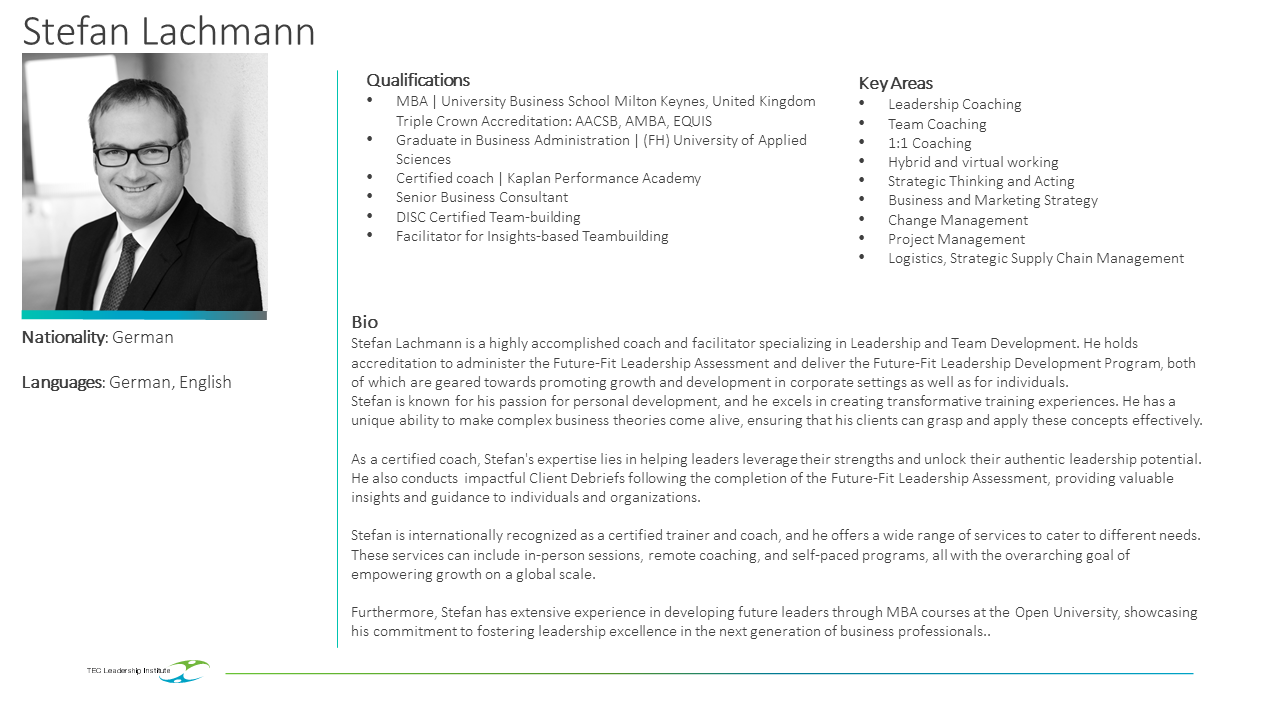Autism at Work: Unlocking Untapped Talent
- September 2, 2025

In a world where skilled workers are in high demand, organizations are overlooking a powerful source of talent individuals on the autism spectrum. Despite having the skills, focus, and creativity businesses need, autistic adults still face some of the highest unemployment and underemployment rates worldwide.
The Challenge: Barriers to Employment
Unemployment: Nearly 80% of autistic adults are unemployed or underemployed.
Hiring Bias: Traditional recruitment processes unstructured interviews, vague job descriptions, reliance on “soft skills” unintentionally filter out autistic candidates.
Retention Gap: Many workplaces fail to provide the adjustments needed, leading to disengagement or turnover.
This is not only a human challenge, but also a missed business opportunity.
The Opportunity: Strengths of Autistic Talent
Autistic individuals often bring unique skills that organizations need most today:
Exceptional focus & attention to detail
Strong pattern recognition and analytical thinking
Creative problem-solving approaches
Integrity, reliability, and consistency
When placed in the right roles, these strengths directly translate into higher productivity, innovation, and quality outcomes.
Best Practices: How Autism @ Work Programs Succeed
Research from the Autism @ Work Playbook shows that successful companies follow a structured, intentional process:
Rethink Recruitment
- Partner with community organizations and sourcing agencies.
- Offer task-based interviews or practical assessments.
- Remove unnecessary barriers (e.g., group interviews, vague “culture fit” criteria).
Provide Inclusive Onboarding & Support
- Offer job coaches and peer mentors.
- Use clear communication and structured training.
- Build “support circles” that include managers, HR, and team members.
Train Leaders and Teams
- Educate managers on inclusive leadership practices.
- Help teams understand how to collaborate effectively with autistic colleagues.
Focus on Retention & Growth
- Create clear career pathways.
- Track KPIs (retention rates, performance outcomes, employee satisfaction).
- Share success stories to build momentum and normalize inclusion.
Success Stories
SAP’s Autism at Work: Launched in 2013, it now operates globally with a 90% retention rate.
Microsoft: Created a dedicated Autism Hiring Program, focusing on software engineering and data science roles.
JPMorgan Chase: Runs one of the largest autism hiring initiatives, spanning 10 business units worldwide.
EY: Its 23 Neurodiverse Centers of Excellence generated $1 billion in value creation.
These companies show that autism inclusion is scalable, sustainable, and profitable.
Why Autism Inclusion Is Good for Business

- Addresses talent shortages in IT, finance, manufacturing, and beyond.
- Drives innovation by adding diverse perspectives.
- Improves team performance mixed teams report being more productive and collaborative.
- Strengthens employer brand as more candidates seek inclusive workplaces.
Take Action Today
At TEC Leadership Institute, we deliver Neurodiversity and DEI at Work Workshops designed to help organizations:

...and join the global movement that is transforming workplaces.
Autism at Work is not charity. It’s smart business. By embracing autistic talent, companies gain loyal, skilled employees and society moves closer to true inclusion. The future belongs to organizations that value every mind




